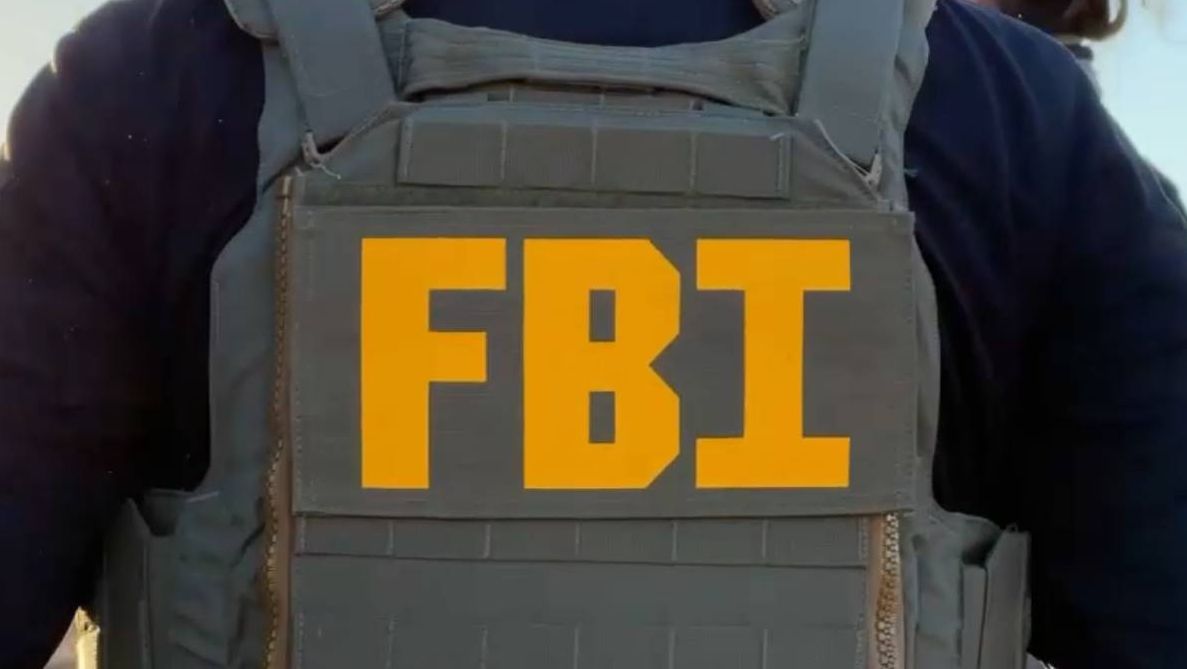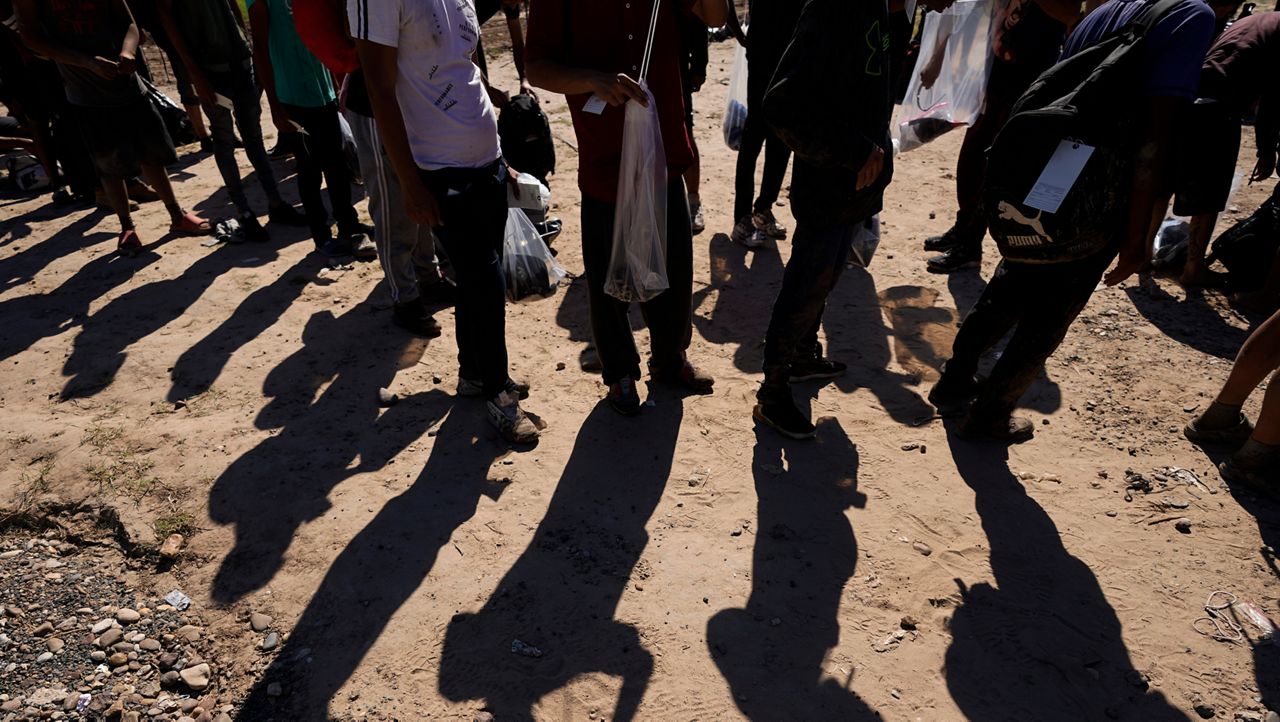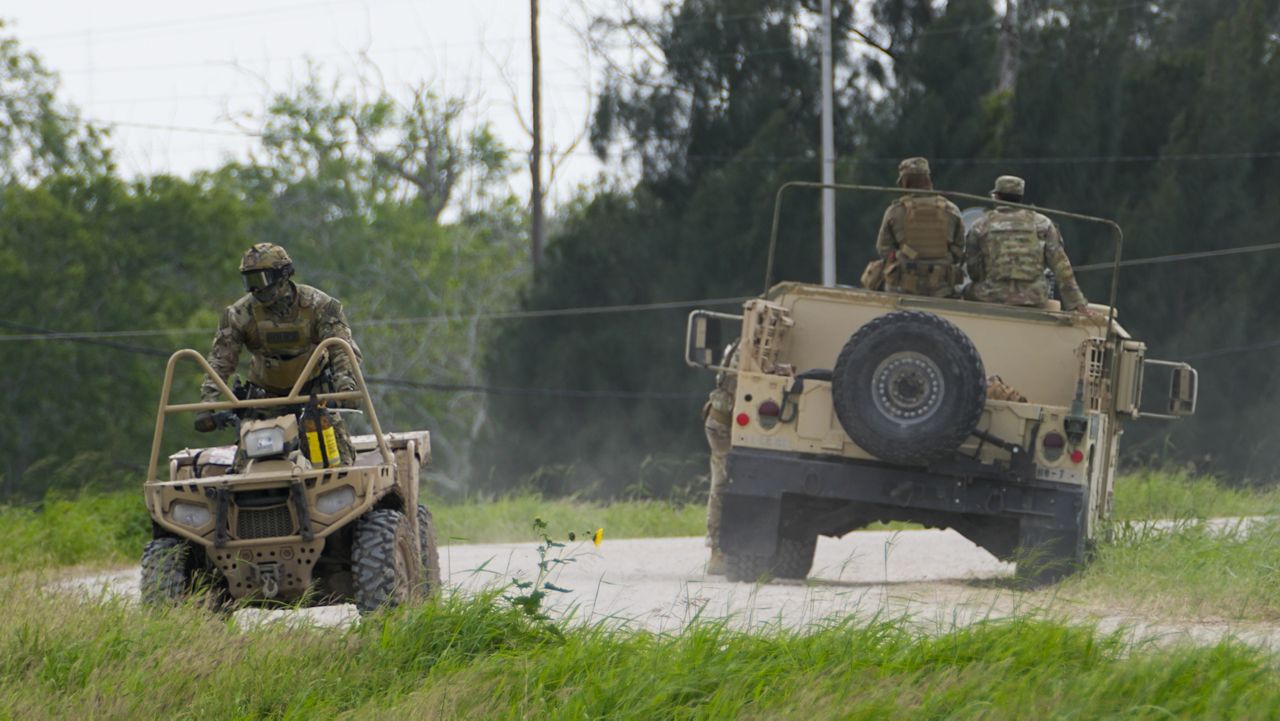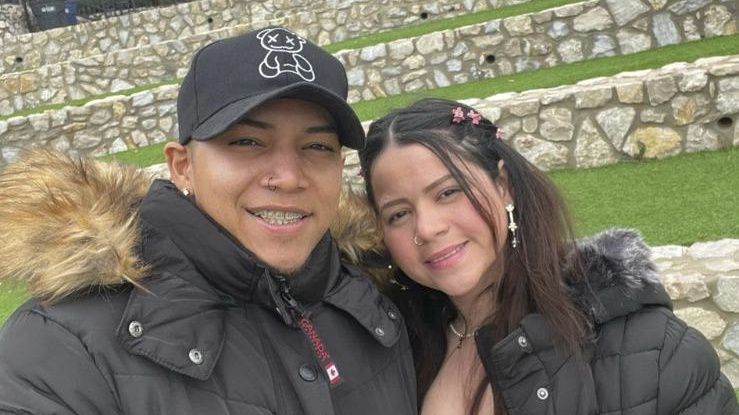Baeya Mputu fled the war in the Democratic Republic of the Congo in 2016.
“They were killing the young people,” Mputu explained. “In 2016, we have a tribal war.”
He left behind his siblings and parents. With nothing but the clothes on his back, Mputu traveled to Brazil. From there, he made a two-month journey to Mexico to reach the United States.
“There is a jungle, an ocean, many things. I cannot have anything with me,” Mputu said.
When he reached the U.S., he petitioned for asylum. Mputu was held at a detention center in Portland, Maine, for 11 months. When he was released, he encountered kindness from strangers. Mputu got his first gift in America: a purple suitcase filled with clothes. He says it now holds sentimental value, reminding him of his journey.
“When you don’t have material things, it's OK, but that relationship, that family bond that family members have, even if over the phone. Even if you can’t see them, that is so important to keep your hopes high,” said Muneera Didarali, caseworker for the American Red Cross Restoring Family Links program.
The program helps families separated due to a natural disaster or conflict in their home country. According to the American Red Cross, each year, nearly 75,000 refugees are admitted to the U.S. An additional 25,000 individuals fleeing war and violence are granted asylum. Nationally the organization has 2,000 active cases and more than 500 active cases for 2024.
“Imagine having to move to a brand-new country with a completely different lifestyle and language. Top that off with new people around you and not knowing where your family members are, if they are alive or in danger,” Didarali explained. “Then, when you get to know they are well and safe, imagine the joy in hearing their voice and having the hope to meet them again. That’s surreal.”
Mputu was granted asylum five years ago. Through an organization in Portland, he found his uncle Kazadi Ntambwe lived in North Texas. The two reconnected but still were uncertain of the whereabouts of their families in the DRC. Ntambwe learned about the Restoring Family Links program.
“Muneera was in contact with us all the time,” Ntambwe recalled.
The Red Cross is a global organization. As a result, it has contacts across the world. Didarali explained that many people are unaware the Red Cross provides this assistance.
“We take in all the details about the last known whereabouts of the sought person and then we key in all the information into our case management system, which is kind of a database,” Didarali said. “All that information Is passed through to our headquarters and then to ICRC in Geneva.”
In late August, Mputu not only learned his sister Malu is alive, but video chatted with her for the first time since he left the DRC. Malu is living in a refugee camp in Zimbabwe with her children. It was an emotional virtual reunion. Now they try to talk every two weeks at 4 a.m.
Mputu hopes to get his sister and her kids to the United States. They still don’t know where their parents are but hope the American Red Cross can help.













